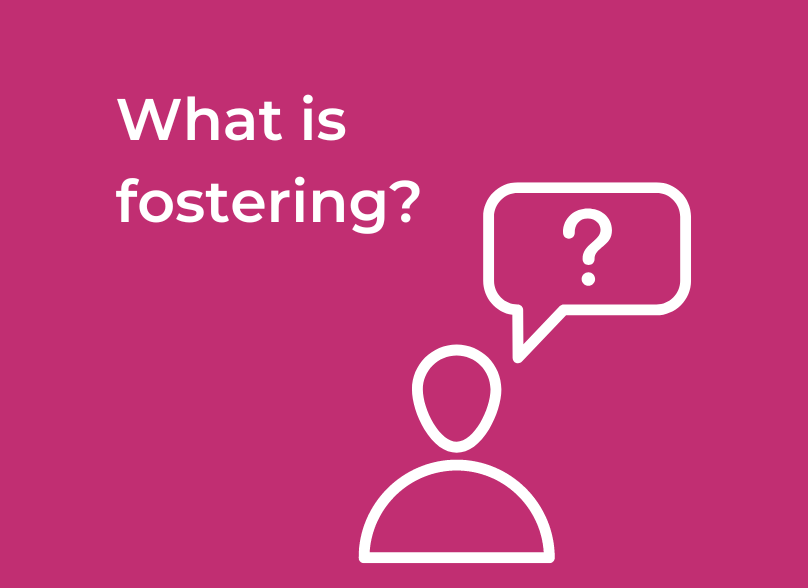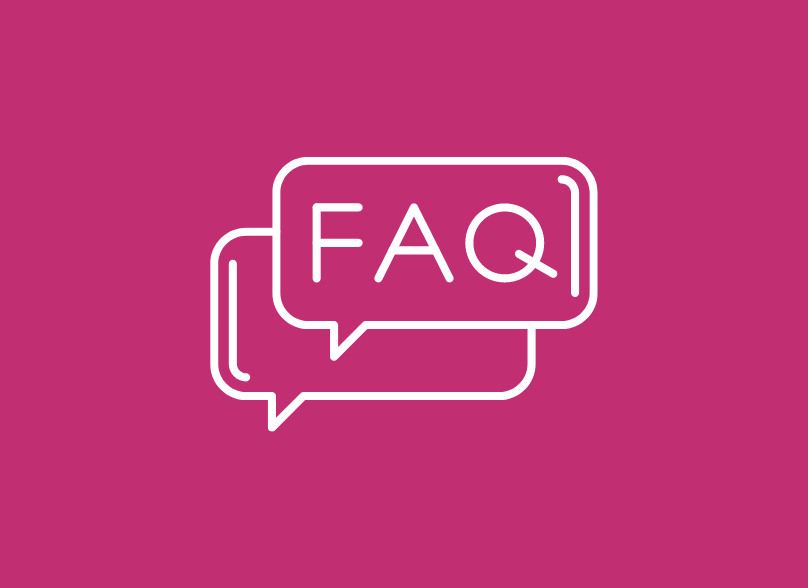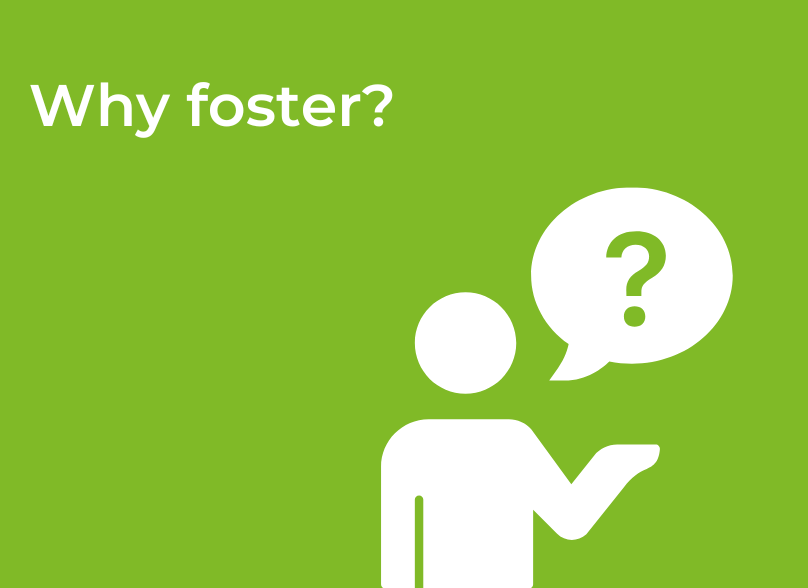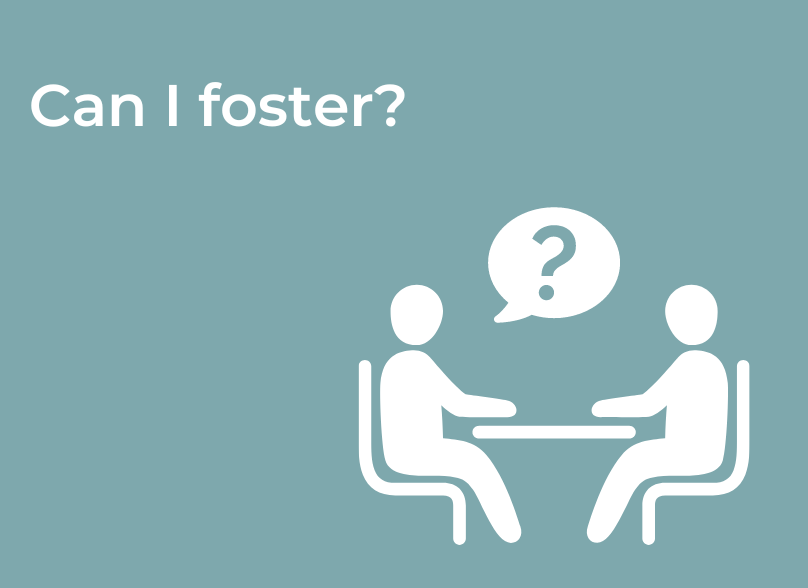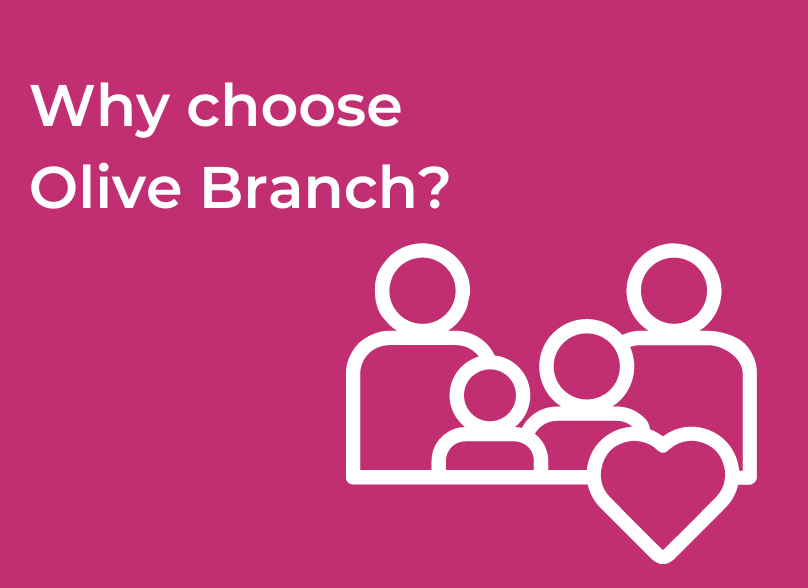Fostering explained
In March 2022, over 57,540 children were living with foster families. While this number is sad or even shocking to many, for those who are part of the fostering system, it demonstrates the power of unconditional, uninhibited love for others.
Fostering may be a legal and very systematic process. Still, at its core, it gives children and young people a chance to be accepted and loved by someone outside their family who cares deeply about their well-being and safety. For many children in care, it is only when they are with a carer or family that they can finally feel secure – giving them the freedom to adjust, adapt, and thrive in a new environment away from their unstable home life.
Every child brings their own story, and every case brings its own challenges – but it is only through the love and support of carers that these difficulties can change into rewards and opportunities.
The fostering process begins when a child or teenager can no longer live with their birth parents for whatever reason. As the journey to placement varies and depends on each case, there is no set timeline for any foster placement. Instead, it depends on the child, their needs, and the situation they find themselves needing foster care. However, your journey begins long before that, moving through our application process and a selection of training modules which will give you the confidence you need to thrive in your role as a foster carer.

Local authorities and governments across England and the UK oversee the foster care system. They often outsource foster placements to independent providers such as Olive Branch Fostering to allow for an efficient process. As a foster agency, this intervention in the process allows us to create and nurture direct relationships with our community of local foster carers, providing them with the very best support and guidance and a friendly face to call upon when they need help.
When you become a foster carer, you set into motion a series of transformations in your life and the lives of the young people, children, and teenagers who will come into your care.
What does a foster carer have to do?
As many carers discover, when a child first arrives with a new foster family, they can tend to bring all the distrust and fear of their previous situation with them. But unfortunately, so many children who end up in care have suffered from some form of abuse. A big part of your fostering journey's early days is forging relationships, breaking through barriers, and establishing boundaries between yourself and the child or children you look after.
From there, foster carers can and should expect to take on all manners of roles in these young people's lives, including nurturing their hobbies, drawing out their hopes and dreams, eradicating their fears, working through their trauma, and encouraging them to open themselves up to new experiences and development. Every challenge comes with its own rewards, and fostering is no different.
What do I need to know about fostering?
There is no set age at that foster children and young people enter the care system, nor are there any discriminations which dictate where a child ends up or how long they spend in care.
As a carer, you will be invited to discover the different types of fostering available to you and go from there with regards to your application – with the fostering categories including the chance to care for children on a short-term or long-term basis, open your home to siblings, a respite placement, or support a child who has previously lived in a children's home.
No matter which type of fostering is for you, our team at Olive Branch Fostering offer a full breadth of training and support which will give you the confidence and knowledge you need to open your home.
All you need to get started is an open mind, door, and heart.
To learn more about our foster care system and how you can help children across the North of England, contact us or visit our location pages to understand exactly what kind of difference you could make.


